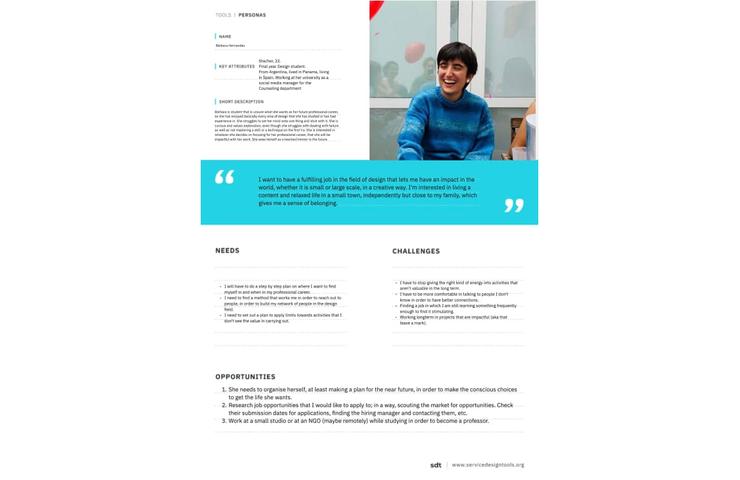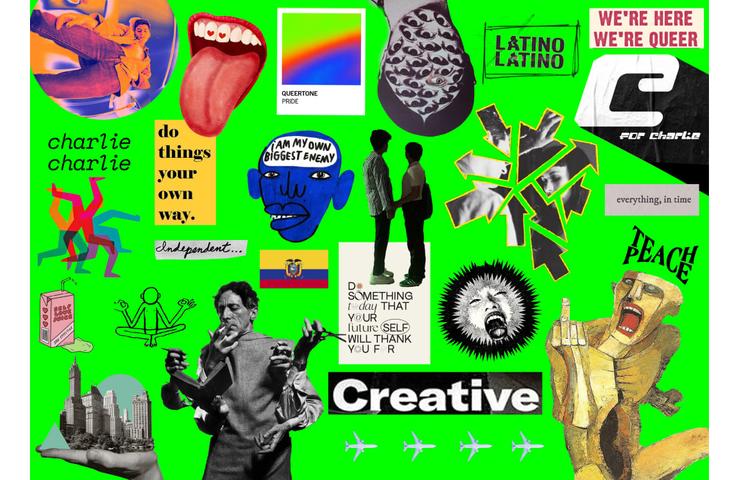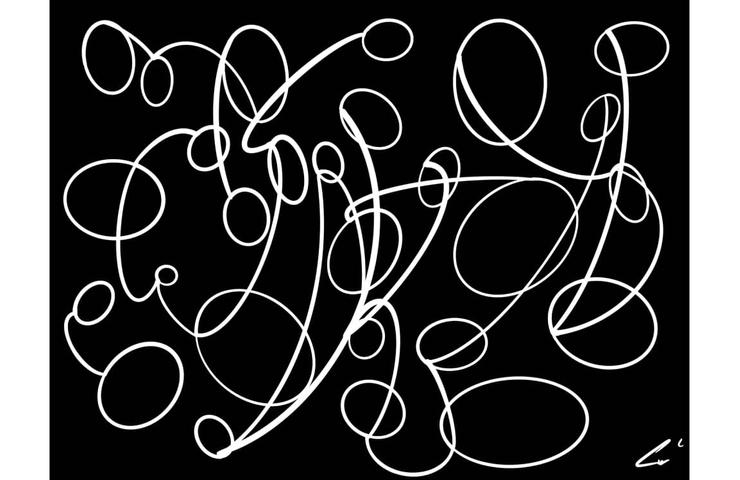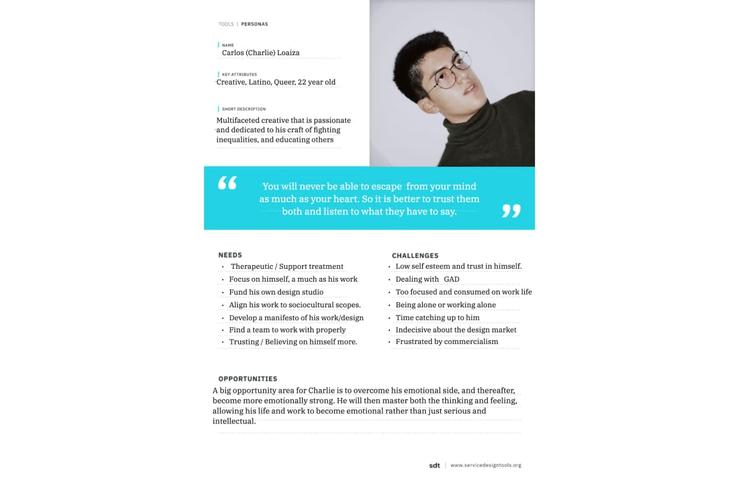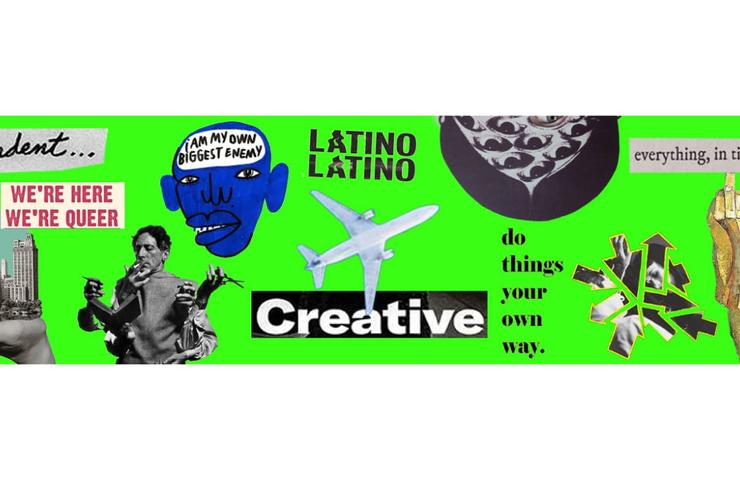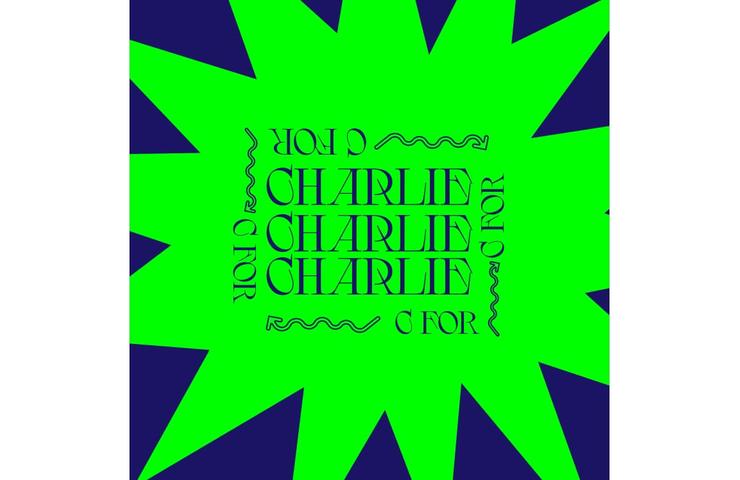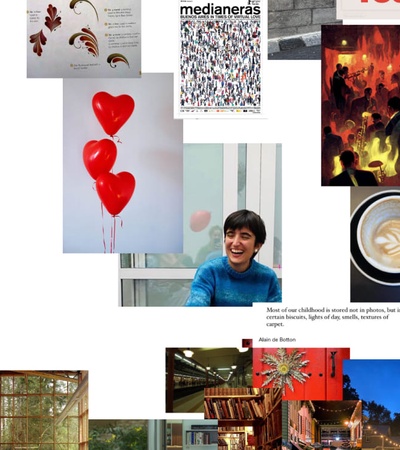
- Home
- Student Projects
- Project Me
Project Me
In Project "ME," students applied design-based strategies to develop their personal brand and present a refined LinkedIn profile in a 5-minute elevator pitch. The project integrated visual storytelling and self-reflection, drawing from life canvases, empathy maps, mood boards, and personas.
The course explored strategy as a response to complex challenges. In "ME," participants aligned their values, strengths, and aspirations with their professional goals. The follow-up phase, "WE," focused on group collaboration to design and validate a new service, highlighting the roles of reflection, teamwork, and co-creation in innovation.
The result was a clear articulation of each participant’s professional identity, aligning who they are with their future career ambitions.
Barbara Hernandez
In Project ‘ME’, students took on the challenge of applying design thinking principles to create a personal brand, culminating in the creation of an updated LinkedIn profile presented as a 5-minute elevator pitch. This innovative project allowed students to harness the power of design-informed strategies and apply them to themselves, transforming their self-presentation in a professional context. The end result was not just a profile update, but a carefully curated personal brand that reflected their skills, values, and unique experiences.
The design process for this project centered around visual storytelling and self-reflection. Students incorporated a variety of tools typically used in design, such as the life canvas, empathy map, visual mood board, and persona. These tools were used to gain a deeper understanding of their personal and professional identity, and how they wished to be perceived by others, especially in a career-oriented space like LinkedIn. The life canvas, for example, encouraged students to map out significant experiences and turning points in their lives, enabling them to see patterns and themes that could inform their personal brand narrative.
Similarly, the empathy map allowed them to step into the shoes of their target audience—potential employers, colleagues, or clients—and think about what these people might want or need from someone in their field.
The use of a visual mood board helped students conceptualize the look and feel of their brand, identifying colors, fonts, and imagery that aligned with their professional persona. The persona creation exercise helped them articulate who they are as professionals, not just in terms of their skills but also in how they solve problems, communicate, and bring value to their field.
By applying these design tools to themselves, students were able to gain a fresh perspective on personal branding. This process led to a more thoughtful, deliberate approach to self-presentation, allowing them to effectively communicate their personal and professional story in a compelling, design-driven way.
Carlos (Charlie) Loaiza
In Project 'ME', I had the opportunity to apply design strategies to create a personal brand that reflects who I am as a creative professional. The goal was to develop a refreshed LinkedIn profile, presented as a 5-minute elevator pitch. This project pushed me to dig deep into self-reflection and combine it with theoretical learning. Using tools like a life canvas, empathy map, visual moodboard, and persona to shape a compelling story about my journey and my work.
At the heart of my personal brand is my Ikigai: With the use of my art, design, and creativity, I will create methods to foster social justice and tools to bring positive change to the world, focusing on the benefits to humanity and the environment." This idea drives my approach to design and fuels my passion for making a meaningful impact through my work.
This helped me answer one of the most important questions of this project - who am I as a designer
My name is Carlos, but please feel free to call me Charlie! I would label myself a creative and designer - even though I hate labels. Yet in addition to that, I would also say that I am inspired by my unexplainable pursuit of experimentation, given that somehow I always look at my life and work through unique and weird ways. As a Designer, I am passionate about transforming ideas into narratives, I love exploring areas of work that others might be too afraid to even look at. My eye for detail allows me to see solutions beyond what is expected, but most importantly I thrive on bringing creativity to life. My experience ranges in regards to mediums, industries and clients - but I'm mostly dedicated to crafting designs that leave a long lasting impression!
One philosophy I developed during this project is the idea that "you will never be able to escape from your mind as much as your heart. So it is better to trust them both and listen to what they have to say."
